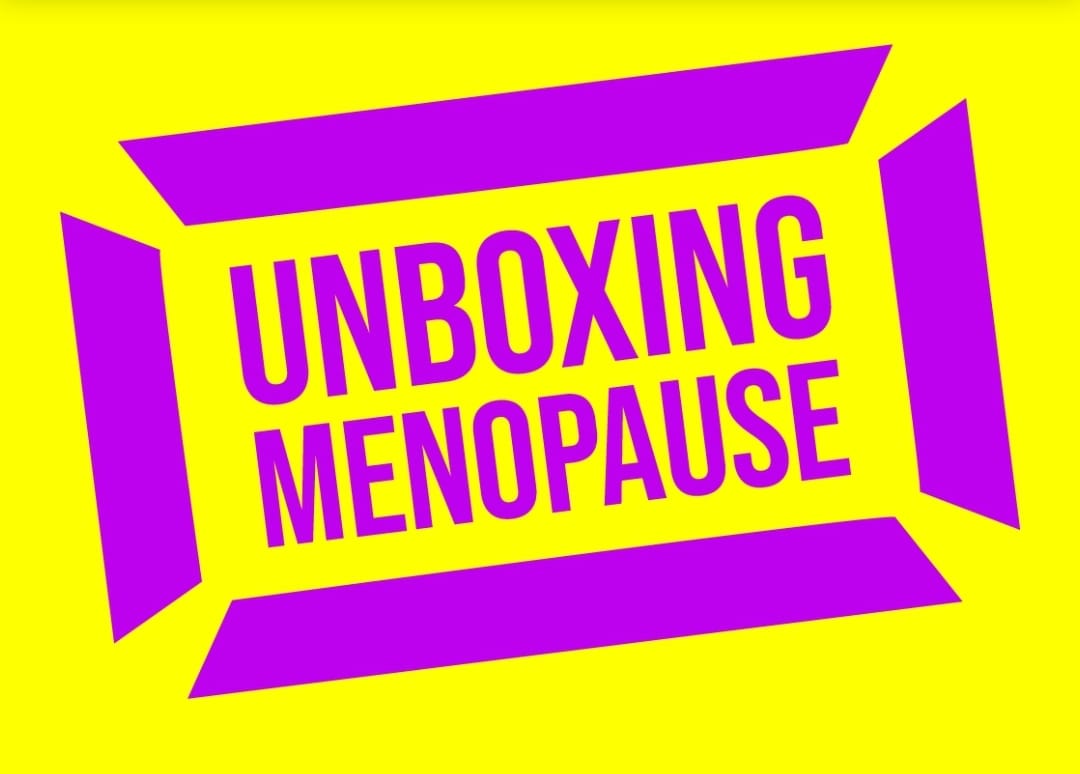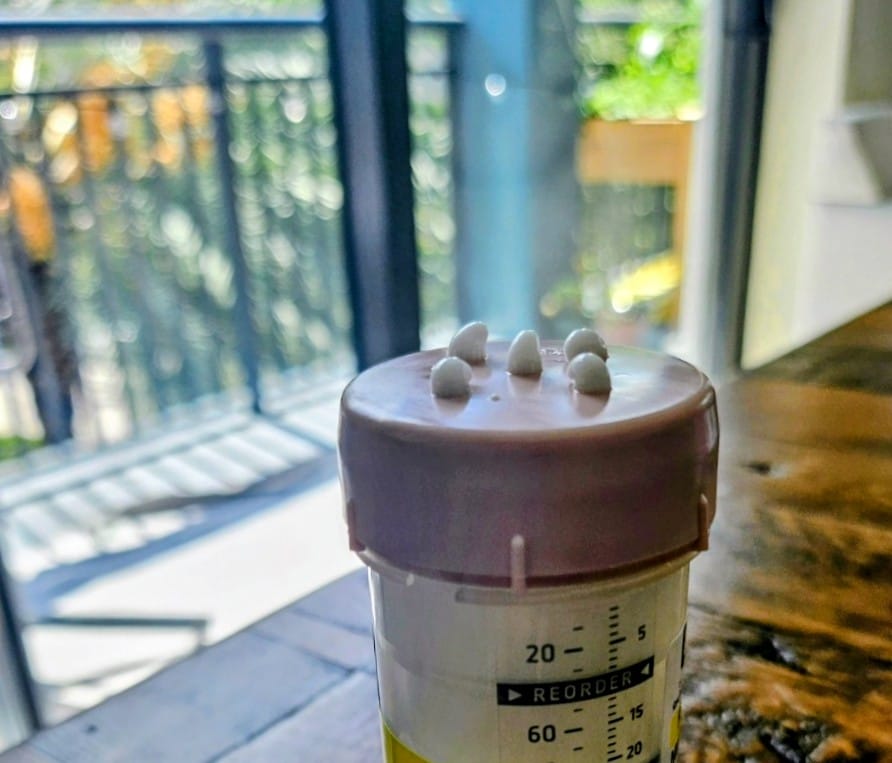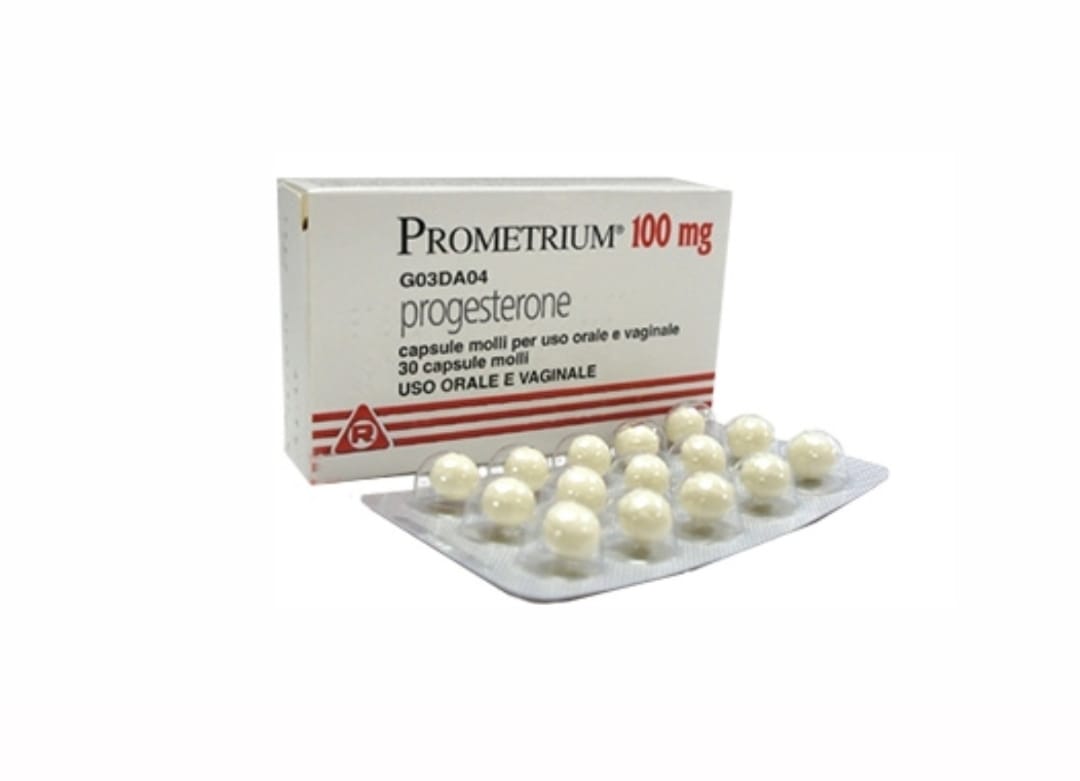Did you know that Estradiol Vaginal Cream USP 0.01% has a black box warning?
What is a black box warning? A “boxed warning” or “black box warning” is the most serious type of warning the FDA puts on prescription medications. It’s basically the FDA’s way of saying, “Hey, this drug could have serious risks,” and it’s printed right on the label to make sure both doctors and patients notice it.
These warnings are important when they’re truly needed—usually for medications that could cause life-threatening or disabling side effects.
But here’s the thing: low-dose vaginal estradiol doesn’t belong in that category. According to evidence-based research, it’s safe for everyone. Yes, really—everyone. The science is clear, and it’s time for the label to reflect that.
I've gathered some information below from the website Let's Talk Menopause.org, where you can sign the petition to remove the black box warning on low-dose vaginal cream: https://www.letstalkmenopause.org/unboxingmenopause
A Widespread & Under-treated Issue
Every day, thousands of women enter menopause—and yet, far too many still don’t receive the care they need for one of the most common and treatable conditions they may face: Genitourinary Syndrome of Menopause (GSM). If you are wondering what GSM is, take a look at our article 'Genitou What? Genitourinary Syndrome of Menopause; What Is It?' in the section BHRT.
Right now, 75 million women in the U.S. are in perimenopause, menopause, or postmenopause—and about 6,000 more reach menopause each day. Among the many symptoms that come with this natural life stage, GSM often goes overlooked and under-treated.
GSM can cause:
- Frequent urinary tract infections (UTIs)
- Urinary incontinence
- Vaginal dryness
- Painful intercourse
What’s more, GSM is chronic and progressive, meaning it usually worsens with age and doesn’t go away on its own.
A Safe & Effective Solution Exists
There’s some good news: low-dose vaginal estrogen (Estradiol Vaginal Cream USP 0.01%) is a well-established, effective treatment for GSM. Backed by decades of research and supported by leading menopause specialists and major medical organizations, local vaginal estrogen has been proven safe for long-term use in treating these symptoms.
So why aren’t more women using it?
The Problem: An Outdated Warning
Despite the strong evidence supporting vaginal estrogen, an outdated "boxed warning" on these products continues to deter both patients and healthcare providers.
This warning was originally designed for systemic estrogen—a different form that circulates throughout the body—but it’s currently applied to local estrogen as well, even though the risks are not the same. As a result, many clinicians are hesitant to prescribe it, and women who might benefit from this treatment often go without it.
Why This Matters
This isn’t just about a regulatory label—it’s about real health outcomes for millions of women. By keeping this warning in place, we are limiting access to safe and effective treatment, allowing GSM to go untreated, and affecting women’s quality of life at a time when they should feel empowered and supported.
Updating the label would mean:
- Greater confidence among healthcare providers to prescribe local estrogen
- More women getting relief from uncomfortable and sometimes debilitating symptoms
- A healthcare system that listens to women and acts on the latest scientific evidence
Additionally, according to a recent research by The Journal Of Urology, vaginal estradiol use in postmenopausal women with recurrent UTIs is associated with:
-22% risk reduction in hospitalization rates
-51% risk reduction in sepsis
-73% risk reduction in mortality (Wells & De, 2025)
A Call To Action
It’s time for the FDA to make a clear distinction between local and systemic estrogen products and remove the boxed warning from low-dose vaginal estrogen.
Women deserve accurate, evidence-based information about their treatment options. They deserve to make informed decisions about their own health—free from fear and confusion caused by outdated regulations.
Let’s move forward. Let’s give women the care, clarity, and respect they deserve.
If you live in the USA, you can sign the petition here: https://www.letstalkmenopause.org/unboxingmenopause
For more information, read our article 'Vaginal Health in Perimenopause & Menopause: Understanding the Power of Estradiol Vaginal Cream' in the section BHRT.
Do you have questions? Join us in the Community Discord Chat, part of your Essend membership. I'll be there and happy to chat with you!
References:
Brennan A. Wells & Elise J.B. De et al. (2025). Impact of Vaginal Estrogen on Serious Adverse Outcomes in Post Menopausal Women with Recurrent Urinary Tract Infections: A Retrospective Study. The Journal Of Urology. https://www.auajournals.org/doi/10.1097/01.JU.0001109984.67114.74.36
https://www.letstalkmenopause.org/unboxingmenopause
https://www.auanet.org/guidelines-and-quality/guidelines/genitourinary-syndrome-of-menopause












